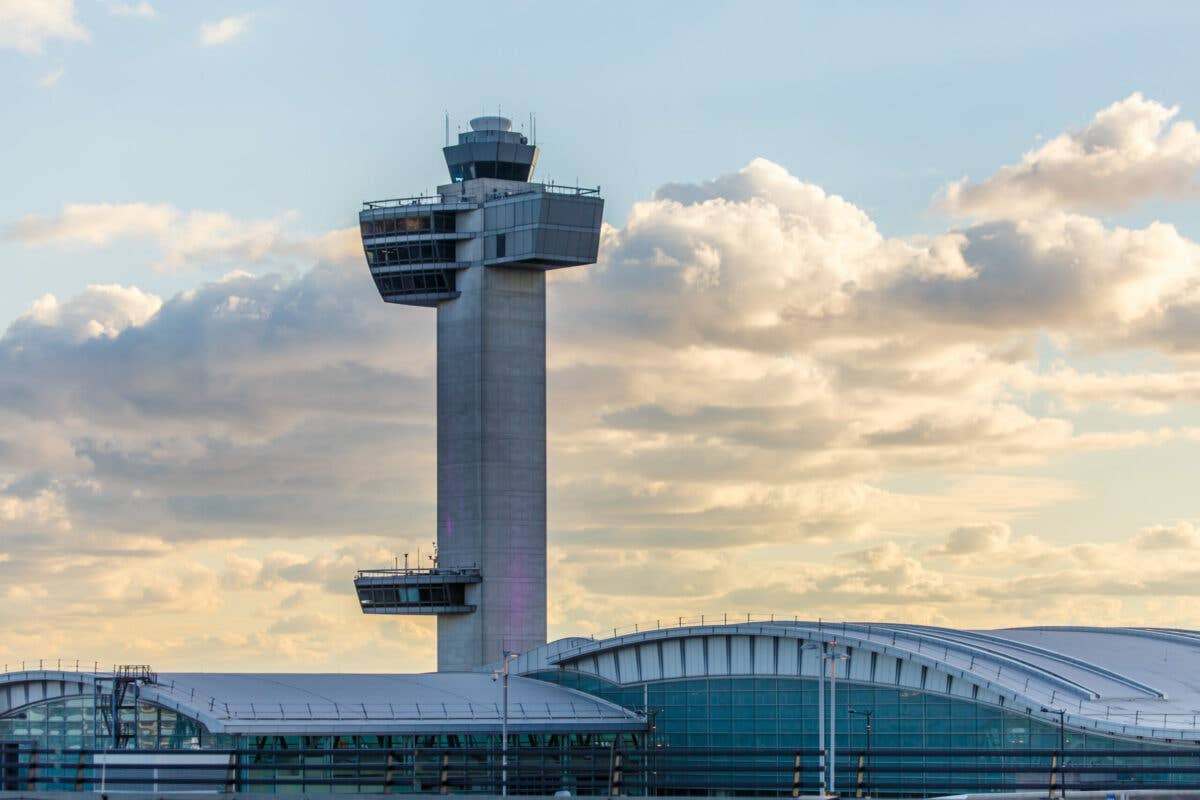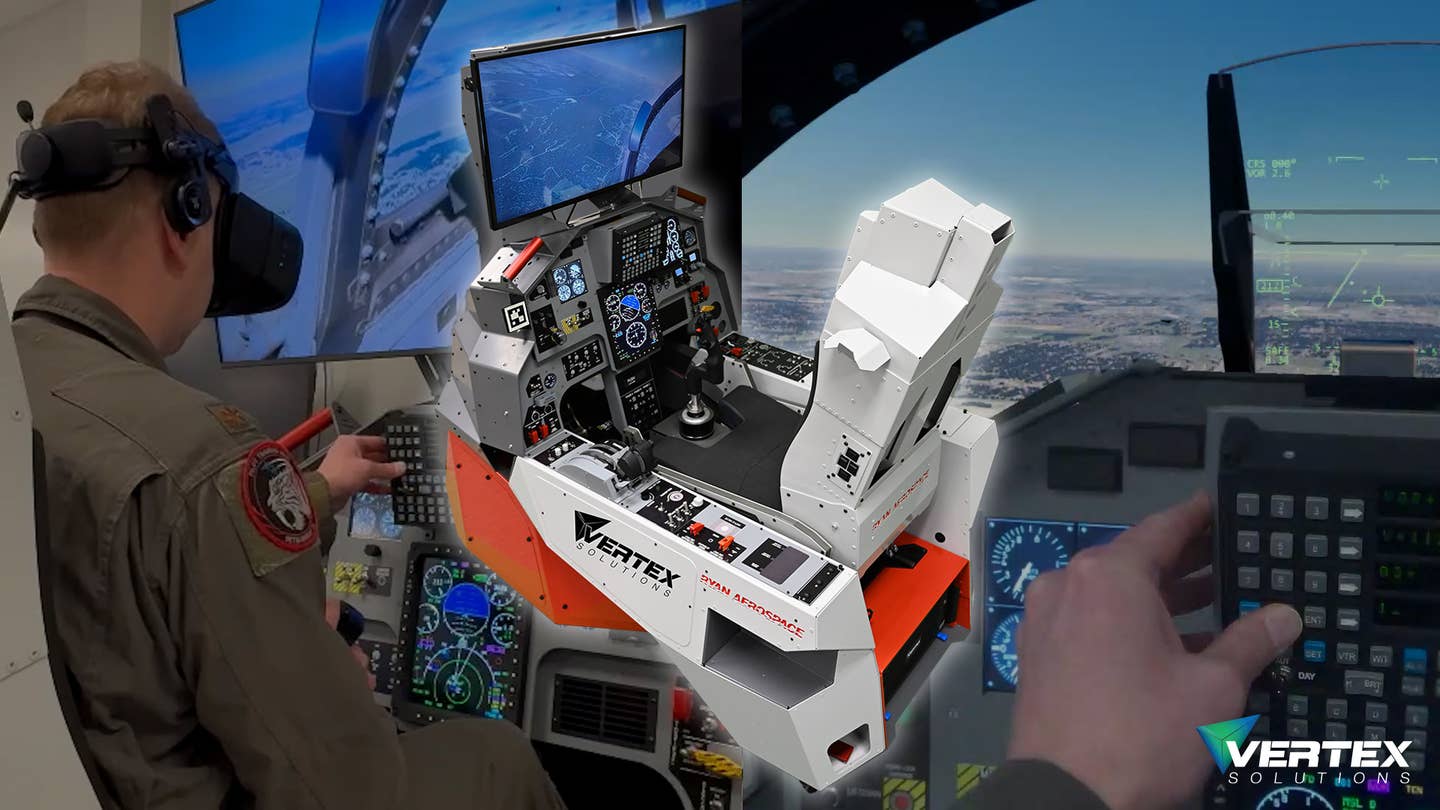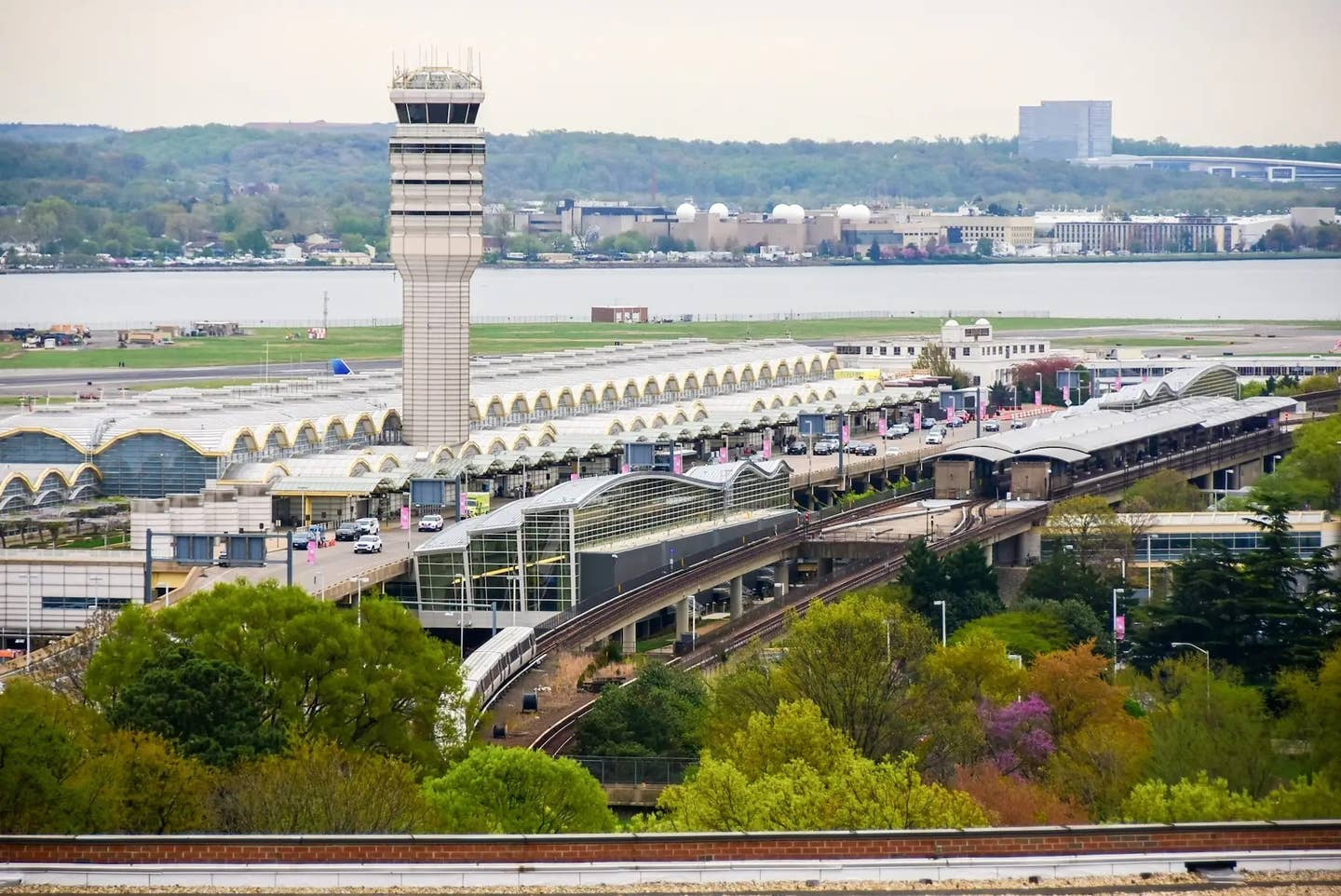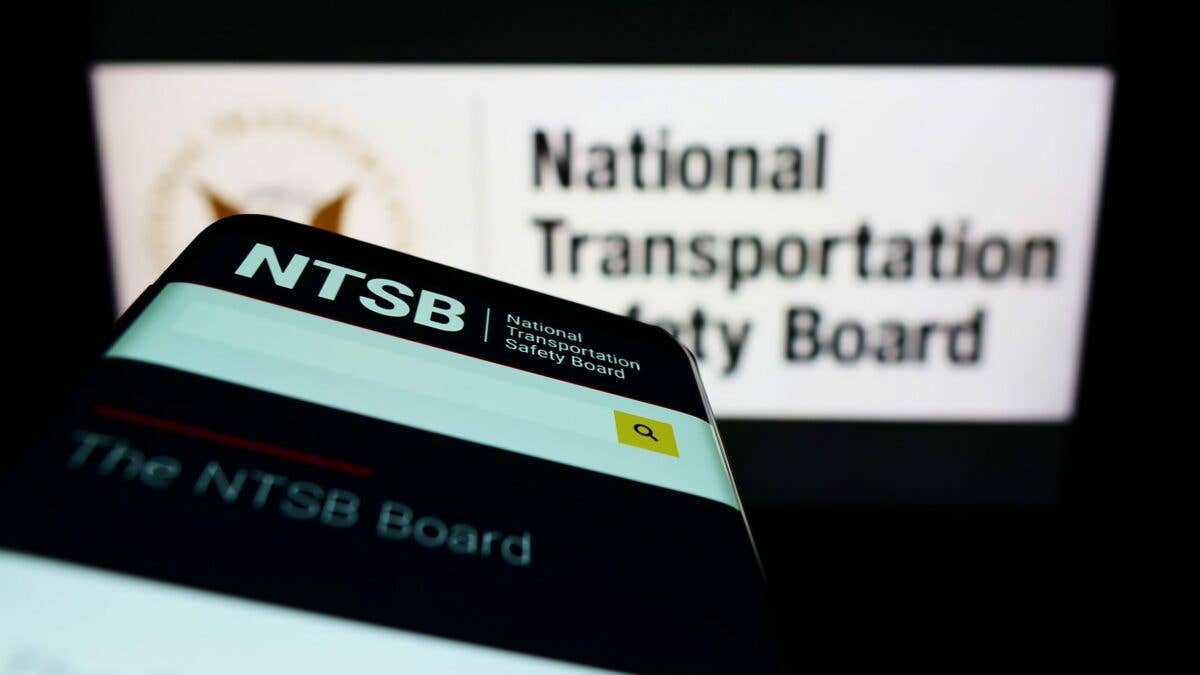Watchdog Report: FAA ‘Lacks a Plan’ to Address ATC Shortages
More than three out of four critical air traffic control facilities are staffed below the agency’s threshold, according to the DOT inspector general.

According to the DOT Inspector General report, 77 percent of critical facilities are staffed below the agency’s 85 percent threshold, with New York Terminal Radar Approach Control (TRACON) at 54 percent. [Credit: Shutterstock]
A new report released by the Department of Transportation Office of Inspector General found the FAA “lacks a plan” to address air traffic control staffing shortages.
The report released Wednesday notes staffing and training for ATC controllers has remained a challenge for the FAA, especially in the aftermath of the COVID-19 pandemic. The report found the “FAA has made limited efforts to ensure adequate controller staffing at critical air traffic control facilities,” and its “lack of a plan” to address such shortages “poses a risk to the continuity of air traffic operations.”
According to the report, 77 percent of critical facilities are staffed below the agency’s 85 percent threshold, with New York Terminal Radar Approach Control (TRACON) at 54 percent and Miami Tower at 66 percent. The audit also revealed many facilities do not have enough supervisors, and controllers are working mandatory overtime and six-day work weeks to cover for staffing deficiencies.
Adding to the woes is a resurgence in air travel with full flights resembling pre-pandemic years. Unfortunately, ATC staffing has not kept pace with the demand—largely contributing to flight delays across the country.
The FAA employs about 13,300 controllers in more than 300 facilities across the United States—however, 26 percent of those are trainees. The FAA has stated its intent to hire and train thousands of controllers over the next decade but noted that retirements have significantly contributed to maintaining an adequate workforce. In 2022, the agency’s goal was to hire 1,500 controllers but fell short, instead hiring 1,026 during the year.
Last month, Transportation Secretary Pete Buttigieg admitted it would take years for the FAA to be comfortable with its controller staffing: “I think it’ll be a while before we’re at levels we’d like to see.”
The audit also highlighted the role the pandemic played in training backlogs and certification time for controllers. To reduce the spread of the virus, the FAA reduced, eliminated, or suspended certain activities, including controller training, but employees still contracted the virus, leading to full or partial shutdowns of certain facilities.
In March 2020, the FAA suspended training at the FAA Academy in Oklahoma City for four months, in addition to pausing training at key facilities for periods ranging from seven months to nearly two years. The academy resumed training in July 2020 but with a 50 percent reduction in class size to accommodate the Centers for Disease Control and Prevention guidelines for social distancing.
The report noted that “due to these uncertain training outcomes, FAA cannot ensure it will successfully train enough controllers in the short term.”
While the situation appears bleak, many leaders are optimistic about this year’s FAA reauthorization bill, which includes language to alleviate ATC staffing challenges.
“The bottom line is that over the last decade, the total number of Certified Professional Controllers [CPCs] and the total controller workforce, including those in training to become CPCs, have not kept up with attrition,” said Rich Santa, president of the National Air Traffic Controllers Association, in a statement. “There are nearly 1,200 fewer CPCs today than there were 10 years ago. The FAA Reauthorization Act of 2023 will lay the groundwork to reverse this trend and make sure the FAA can meet the current operational needs of the system as well as safely and efficiently integrate new users.”
NATCA also stated it intends to continue working with members of the Senate to enact the provisions into law.

Sign-up for newsletters & special offers!
Get the latest FLYING stories & special offers delivered directly to your inbox






